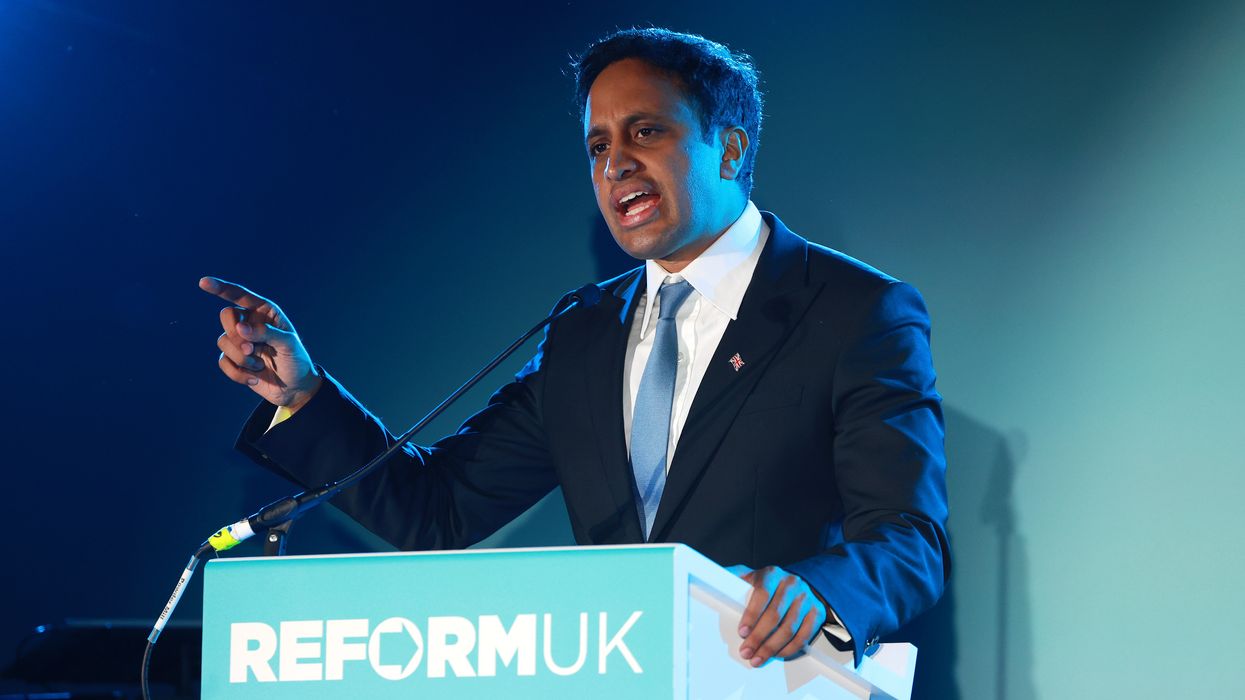Though it is very common for many of us to have three large meals a day – breakfast, lunch, and dinner, many studies have implied that smaller, more frequent meals may help us burn extra calories, control our hunger pangs and lose weight. However, when it comes to the “optimal” meal frequency, there is a lot of confusing advice, reports the Headline.
While some experts suggest eating smaller, more frequent meals could prevent chronic disease and promote weight loss, some studies suggest that sticking to three larger meals may be more beneficial.
So, how many meals should we be eating, and how does meal frequency affect our health? According to Nutritious Life, recent intervention studies suggest that there is no significant difference between several small meals and three large ones – and there isn't a one-size-fits-all recommendation. Instead, you should choose the option that works best for you and your lifestyle.
If weight loss is your focus, it’s important to be aware of your portion sizes, informs Medical News Today. You will need to ensure you don’t overdo it with regard to your daily calorie needs and divide the calories among the number of meals you intend to consume in a day. For instance, if you need 1,800 calories a day and plan on eating six meals a day – each meal you eat should include only 300 calories.
Also, if your mini meals consist of foods that are ultra-processed your body may fall short of essential nutrients. Therefore, focusing on the quality of food you consume is very important.
Medical News Today reports, it is believed that those who eat at least three meals a day are more likely to have a better diet quality.
These people are more likely to have a greater intake of greens, vegetables, fruits, legumes, whole grains, and dairy. Additionally, they are also more likely to consume lesser added sugars and less sodium than those who have only two meals a day.
A persistent myth with regard to eating frequent smaller meals in comparison to fewer larger meals is that doing so increases metabolic rate. However, multiple studies cite that there is no significant effect on either metabolic rate or the amount of fat one loses.
Eating 3 meals a day of 800 calories reportedly causes the same thermic effect (when metabolism is slightly raised due to digestion) as eating 6 meals of 400 calories. There seems to be literally no difference, said a report in Healthline.
"Years ago, we all believed that you needed to eat multiple times a day to keep your metabolism stoked. ... You had to keep feeding the fire and keep the furnace burning. But that theory goes back and forth, and newer research is showing that it really doesn't slow metabolism if you're not eating multiple times a day," said Martha McKittrick, a registered dietitian in New York City, in an earlier report featured in CNN. Martha has reportedly provided weight-loss counseling for over 20 years.
The report in CNN also states that many studies suggest eating more frequently may offer benefits by reducing hunger and food consumption at meals eaten later on in the day.
One study comprising 2,700 women and men found that those who ate at least six times a day, consumed fewer calories, ate healthier foods, and also had a lower body mass index (BMI) than those who ate fewer than four times a day.
Studies have also shown that eating more meals a day positively influences cholesterol and insulin levels.
But though eating small frequent meals may have some positive health benefits, some other studies suggest that eating more often may not be optimal, and does not appear to significantly enhance metabolism or total calories burned, reported CNN.
David Levitsky, a professor of nutrition and psychology at Cornell University who has researched the topic of meal frequency and its effects on calorie intake is reported to have told CNN earlier, "It was thought that if you ate more frequently, the amount of calories you retain would go down, and more calories would be burned. But controlled experiments in humans show that there is no metabolic advantage to eating 12 smaller meals versus eating three or four meals per day, with the same total number of calories."
In fact, some research suggests that eating even fewer than three meals a day may be the best way to control calorie intake.
One study reportedly found that when breakfast was skipped, people consumed 400 fewer calories for the whole day, compared to when breakfast was consumed.
Medical News Today reports that a review published in Nutrition in Clinical Practice shows that certain people may benefit from eating six to 10 small, frequent meals. These include people who:
• are trying to gain weight
• experience early satiety
• have gastroparesis (a condition that affects digestion)
• have gastrointestinal symptoms such as nausea, vomiting, or bloating.
Also, people who may benefit from three larger meals a day include:
• Those who live busy lives and may not have time to plan and prepare several nutritious mini-meals a day.
• Those who tend not to eat mindfully
• Those who have difficulty practicing portion control
Therefore, it ultimately comes down to personal choice and what works best for you. Furthermore, one style may be more beneficial for you than the other, if you have certain health conditions. It would be best to ask your GP for advice if you plan to adopt any dietary changes.












